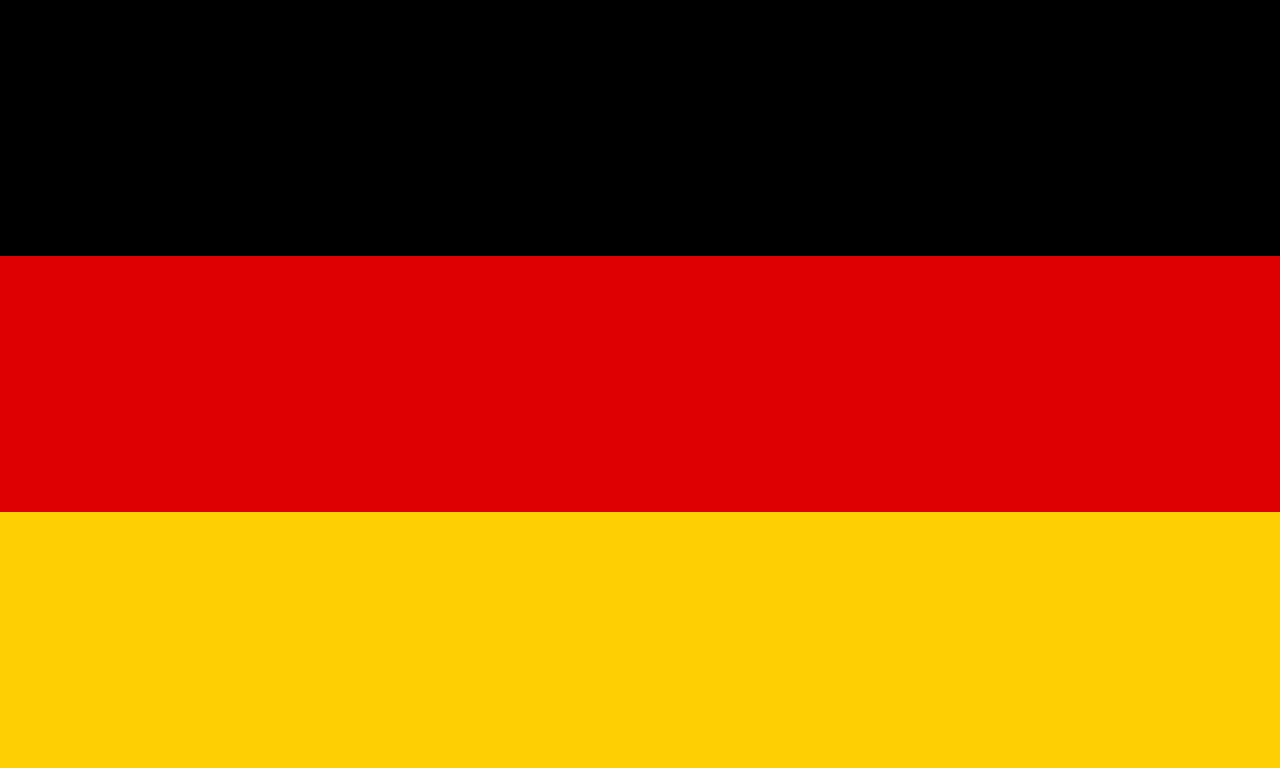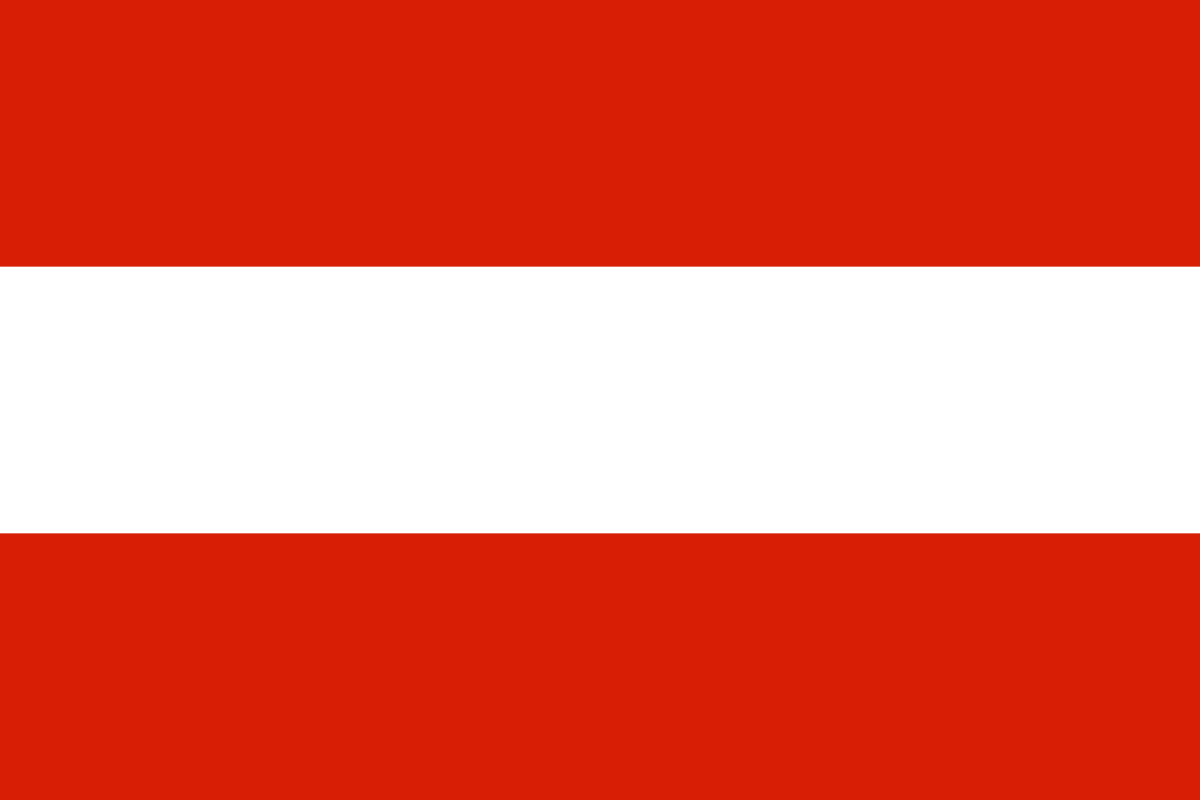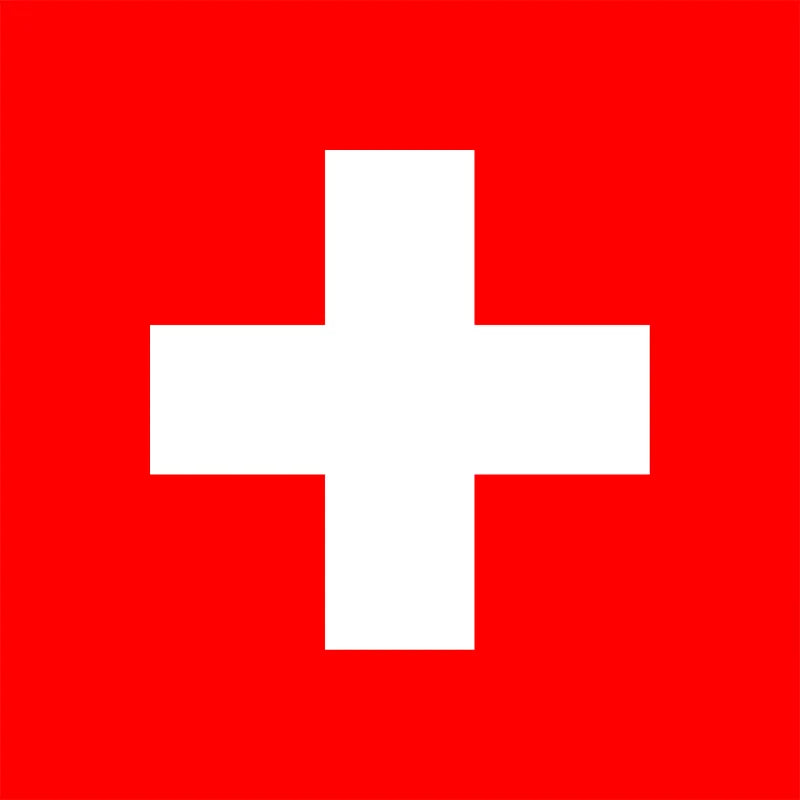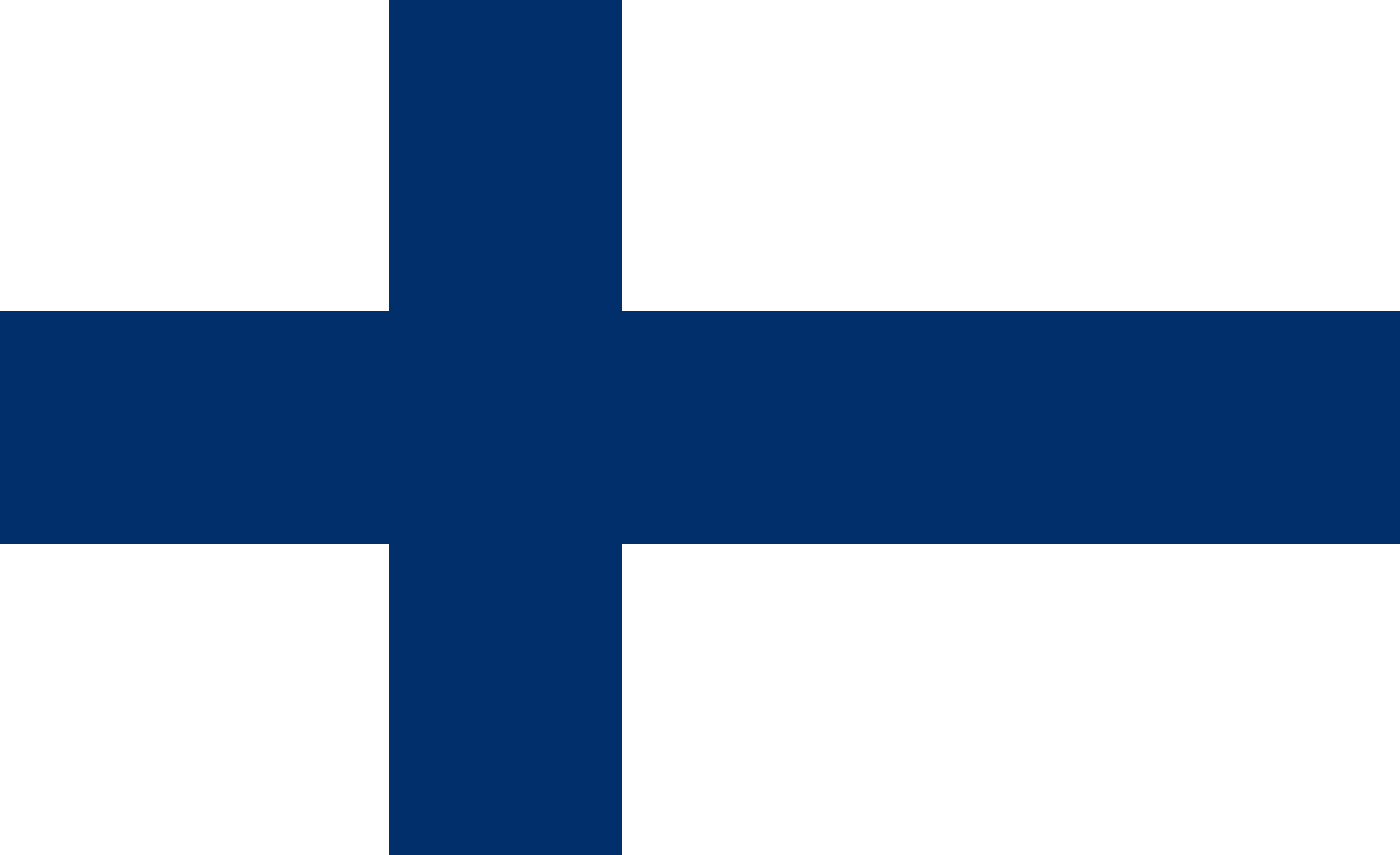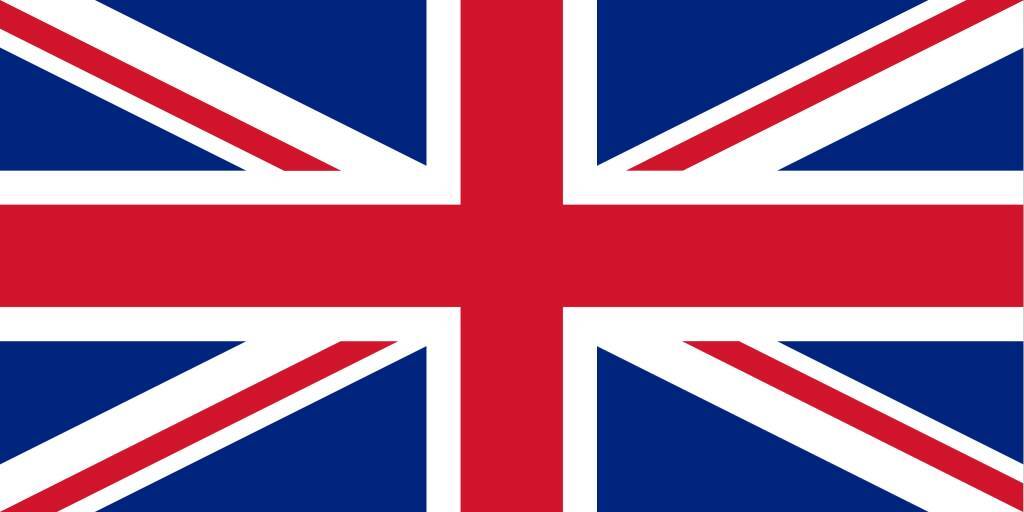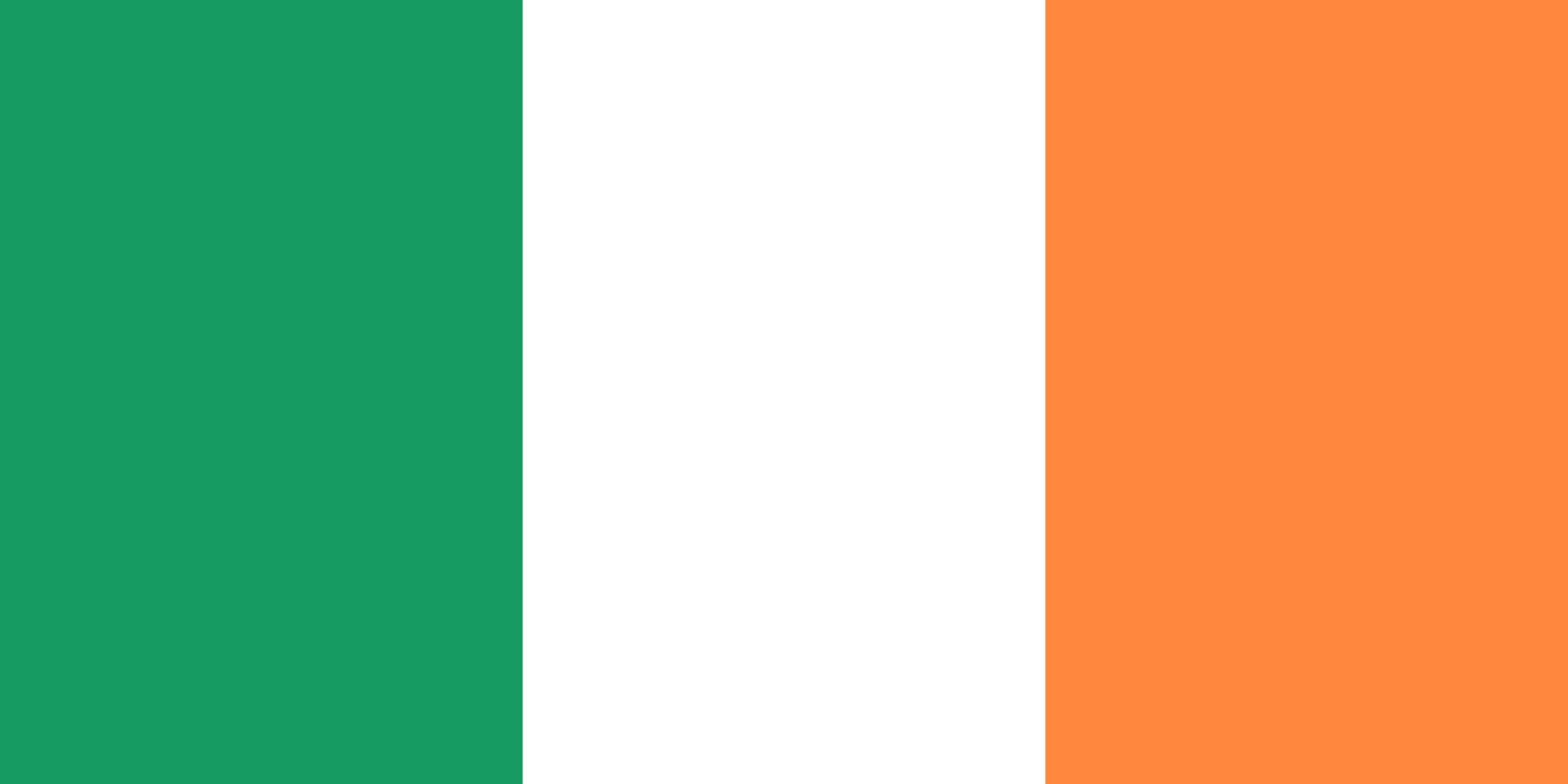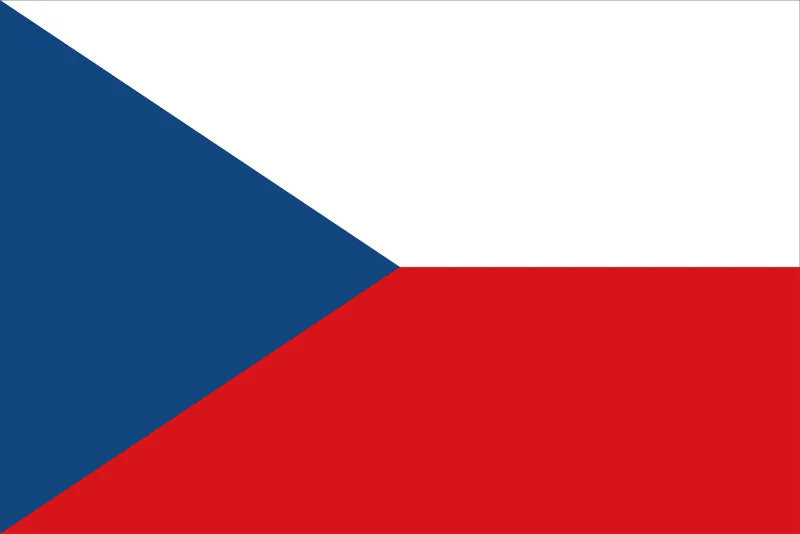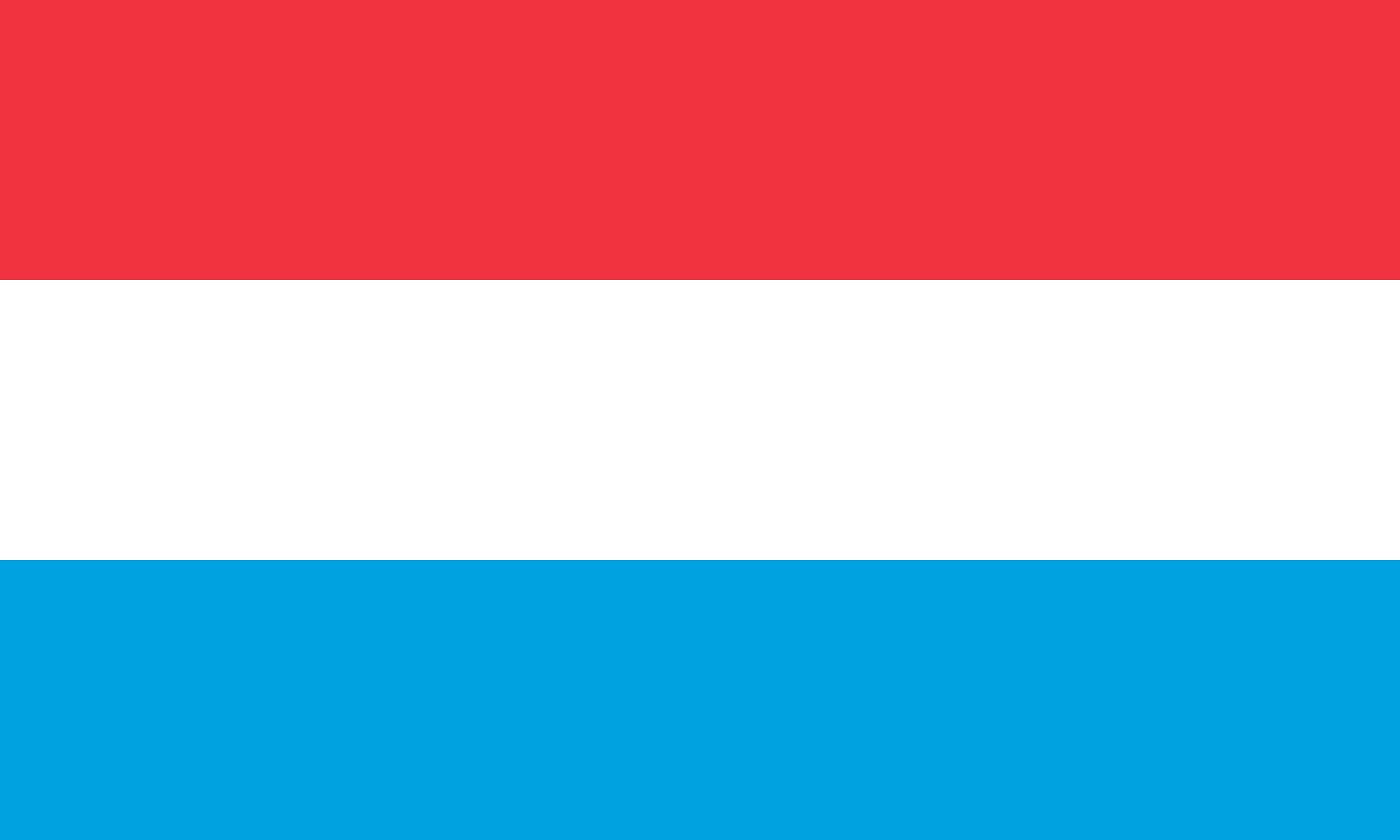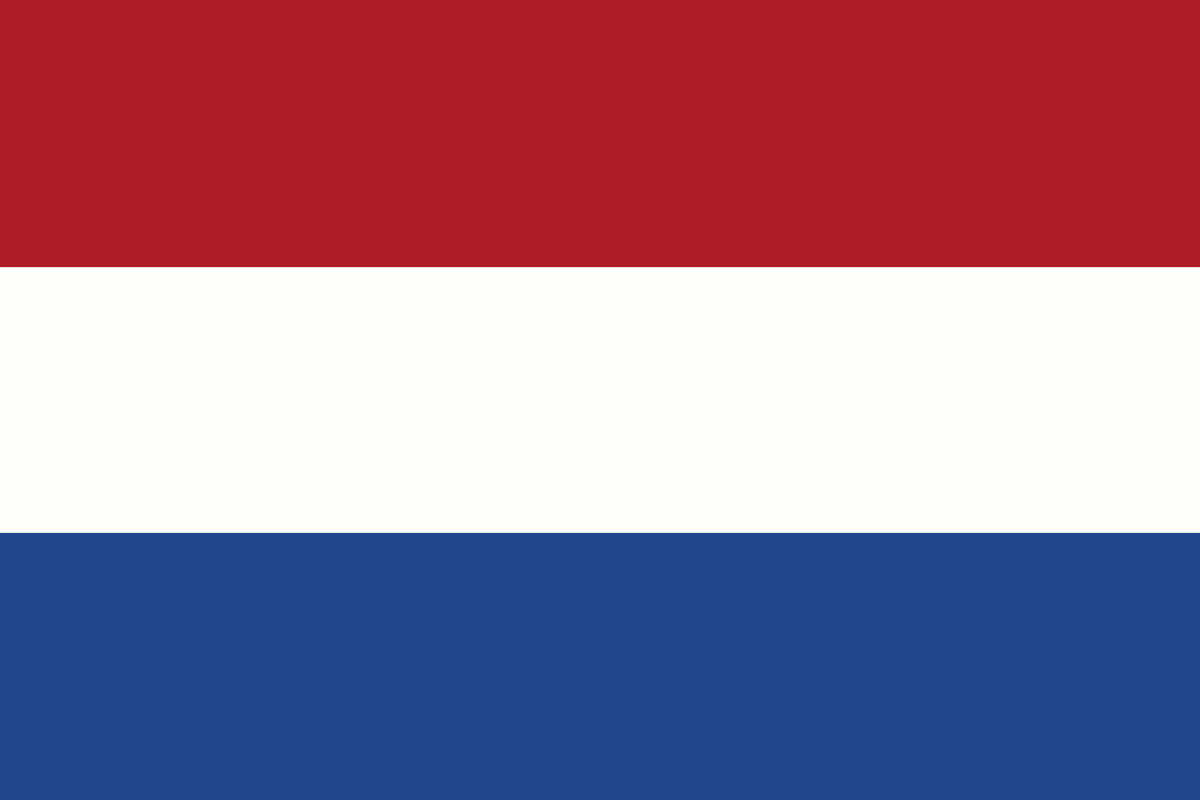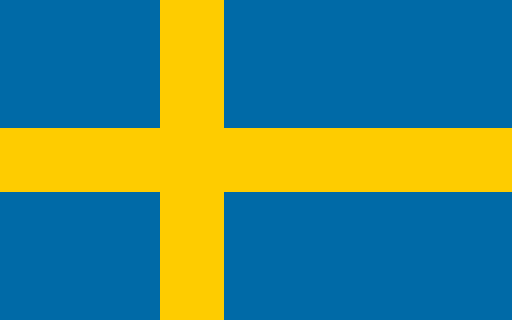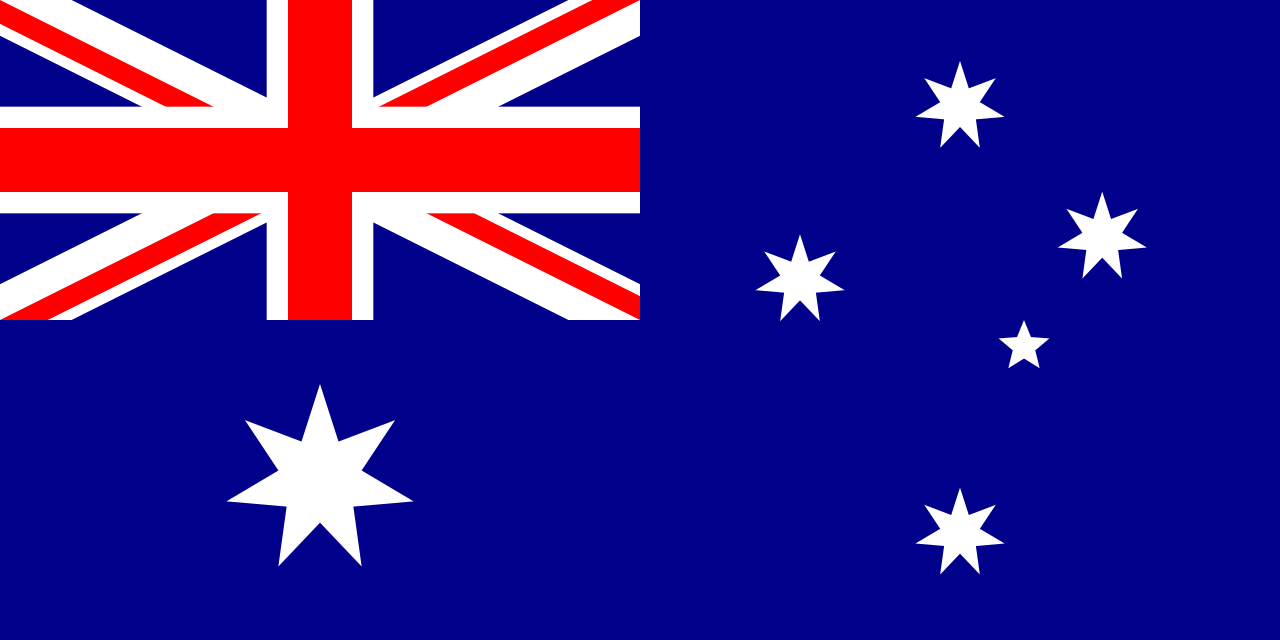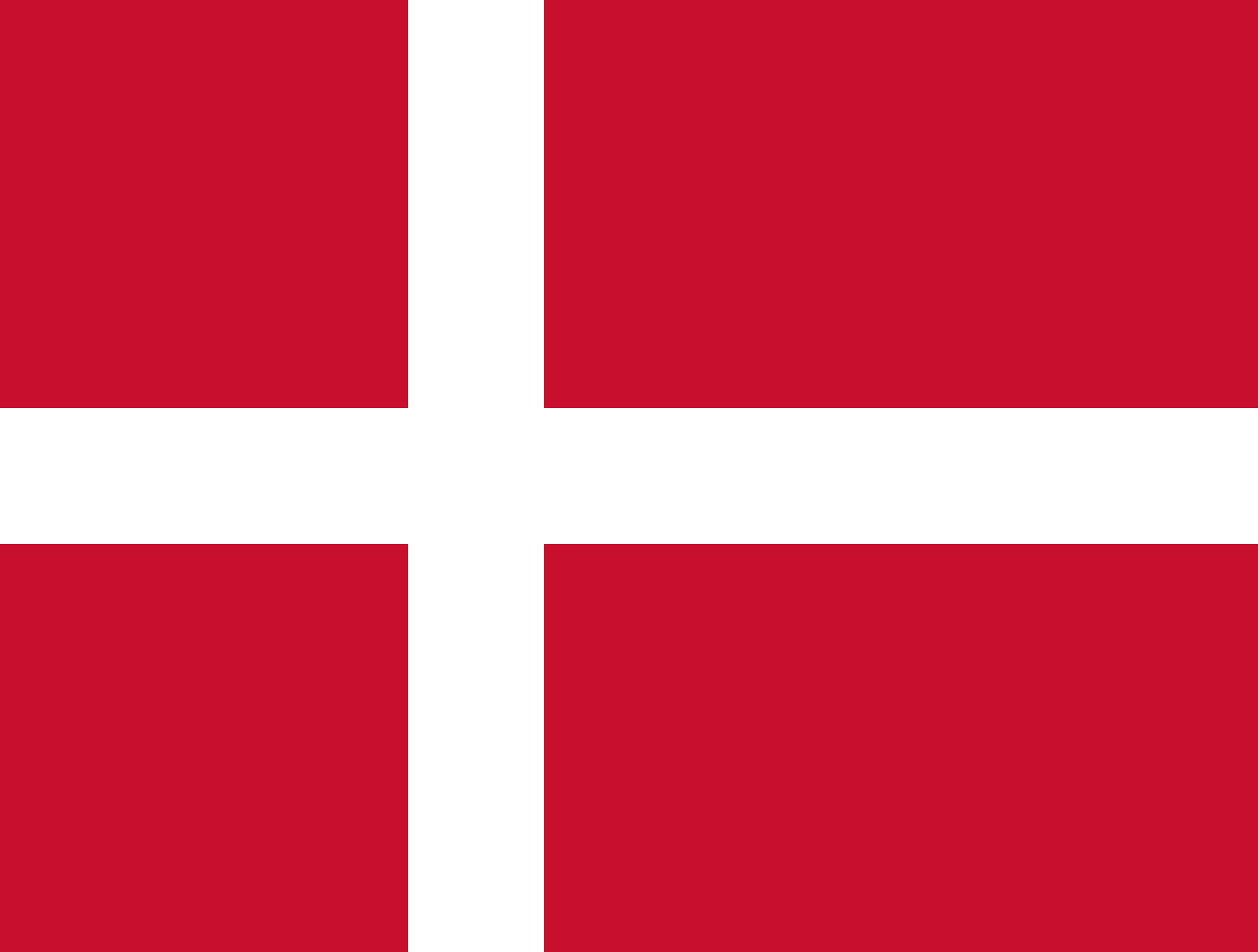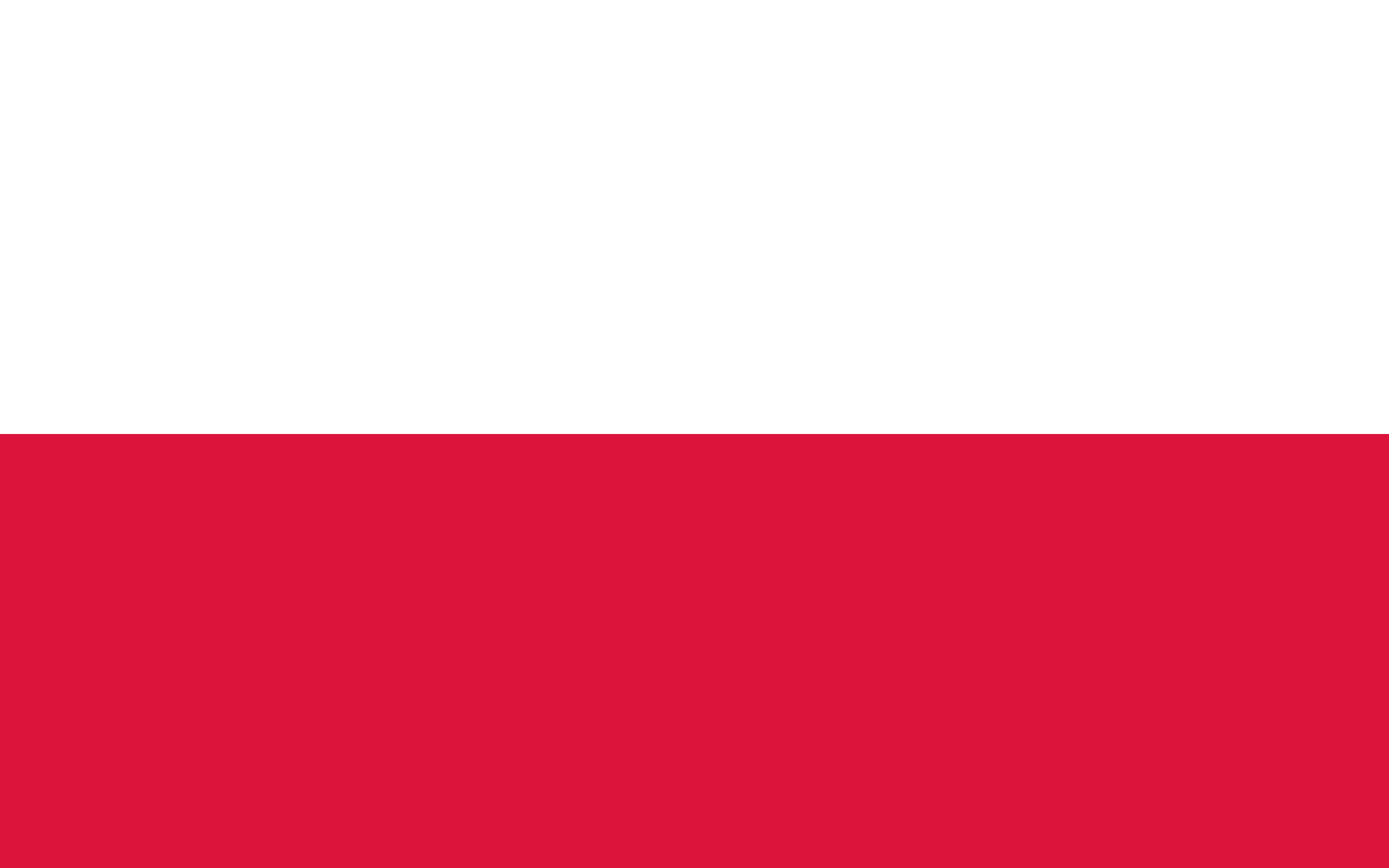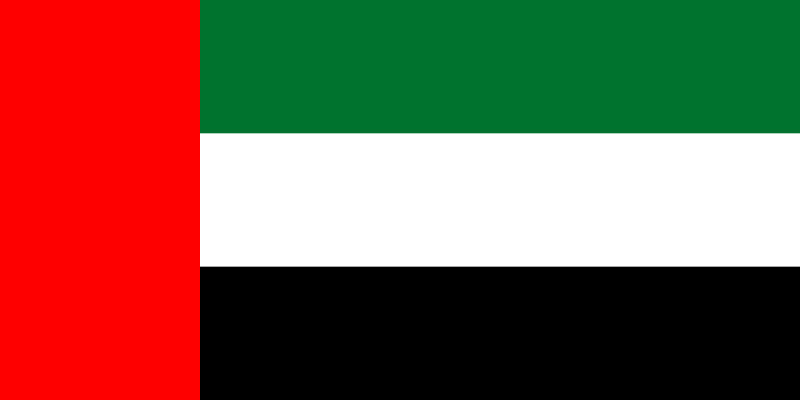MY STORY - About nipple shields, permanent teats, and more.
When I held our daughter in my arms for the first time, I felt was lucky I could hardly believe it. That moment when she was laid on my chest for the first time was the most wonderful thing I had ever experienced. I was looking forward to the first hours together with her and above all to the first breastfeeding.
I've always wanted to breastfeed and didn't think there was anything special I needed for the preparation. Like so many mums, I assumed it would somehow all work out, after all, breastfeeding is the most natural thing in the world and so we both would certainly intuitively know how it works and what to do. And if not, then the competent specialist staff in the hospital will help me somehow. But, the fact that I knew next to nothing about breastfeeding struck me right away, within the first hours after birth.
Did you know, for example, that about 90 percent of women who intend to give birth have to breastfeed, but by the end of the sixth month only 13 percent of women breastfeed exclusively? If you look at these statistics, you almost can assume that I'm not the only one with a certain naivety to approach this topic. One might even say that probably more women would breastfeed longer if they had the right support and information they needed to start breastfeeding or move on and make conscious decisions.
Because I too would have liked to have made a different decision than I did with my daughter breastfeeding for the first time. Before the very first application in the delivery room, a midwife decided at the sight of my nipples that it will only work with the nipple shield. Of course, as a new mom, I didn't have that. Pumped full of hormones, I didn't even get the idea to say that I would like to try it without the shield first. She was a professional, she had to know. So I trusted her. Without knowing which influence the nipple shields can have on breastfeeding for the first time, the breastfeeding relationship, and sucking behaviour.
And so it was that we had this intimate moment of first putting on a nipple shield. Only three hours later, a certified lactation consultant came to our family room, who took a lot of time for us and gave me valuable tips on the right one, putting it on and showing different breastfeeding positions.
The nipple shields landed immediately in the garbage because according to her, I didn't need those "things" with my nipples. So within a very short time, I was faced with completely different opinions and faced with recommendations that in hindsight I wish I would have been better informed about, which would have helped me to act more confidently in this situation. Even though I approached breastfeeding so naively, thanks to the support of the lactation consultant, we had a wonderful start to breastfeeding and hardly any initial difficulties.
Today, however, I know that I'm probably the exception. Many moms are missing the necessary support and the right information, especially at the beginning. With many, it just doesn't work out the way you imagined and wished it would. Added to this is the unnecessary pressure from outside, false recommendations, or misinformation that causes self-doubt and fear.
Has breastfeeding always been easy for me?
Definitely not! At some point, the constant sucking started. Especially at night, my daughter demanded my breast, often for hours continuously and I began to stop enjoying as before. There were more and more evenings when I cried out of the bedroom and said to my husband that I can't do this anymore, that only I put our child to sleep.
I always breastfed my daughter to sleep but had to quickly find out that sleep breastfeeding in the minds of many was seen as negative. And so I also quickly unsettled and let myself be influenced by the opinions of others. I started to believe that constant sucking and sleeping breastfeeding were something bad.
I often heard sentences like "Don't let her fall asleep on your breast or you won't get away from it" or "Oh no, poor you!". I got to a point where I had to make a decision, something about the situation had to change.
But I didn't choose change, I chose ACCEPTANCE.
I was not ready to change anything and in our wonderful and working
intervene in the breastfeeding relationship without my child having a say. What changed, was my mindset. Instead of constantly getting upset about the situation, I freed myself and realised that by accepting things like this and accepting how they came to use this intense time in our lives even more positively.
I'm glad I chose this path for us and accepted many things the way she did. It's just fascinating what nature has arranged that I'm able to feed my child with my body. There is nothing more beautiful, than being needed by my daughter, to be her safe haven, to be close to her, and to be able to give security at any time.
Yes, breastfeeding also means sacrifice, because as a mother it is physically and mentally tolling. Breastfeeding also requires a lot of patience with yourself and your baby. No one prepares you for the fact that breastfeeding is anything but easy and you also reach your limits. We have been breastfeeding for 17 months now and will continue breastfeeding until my daughter is done.
With my breastfeeding story, I would like to encourage you to ask for advance and acquire as much knowledge as possible about breastfeeding to feel confident to start a wonderful breastfeeding relationship
With the correct information and advice, you can make the best decisions for you and your baby.
What I learned in 17 months of breastfeeding:
1. Breastfeeding is so much more than food. It is love, security, closeness, warmth, consolation, and, security.
2. Every breastfeeding relationship is unique and individual. Sometimes it takes some patience and practice, but for every challenge, there is a solution. The more informed you are, the better it will work.
3. Successful breastfeeding takes more than just the desire to breastfeed. In my opinion, a breastfeeding preparation course has to be the same as a natural childbirth preparation course. During pregnancy, we already spend so much money on things that we end up not needing, instead of investing in a breastfeeding course. We women need more education so that so many breastfeeding relationships due to lack of knowledge or external influences can not be canceled early and we return to a society in which breastfeeding is considered more important.
4. The basics! Between 10 and 12 times in the first hours after birth we are created to promote milk production. When breastfeeding, demand takes care of that. Supply, i.e. the more frequently and effectively your baby drinks, the more milk is formed. In the first few days after birth, your baby's stomach is still so small that it only contains tiny amounts of the valuable colostrum it needs to get full.
5. I, too, had to deal with the battle of sore nipples just in the first few weeks. However, it being slight sensitivity is completely normal, because the sensitive skin first has to get used to the stress. Should the chest pain, however, is usually a sign that something is wrong – often caused by incorrect breastfeeding posture or breastfeeding technique and often the reason why women wean earlier than planned. Seek help early from your midwife or a lactation consultant. The sooner the cause of problems is found, the easier it is to solve them.
If only I can help one mom with my story, to help her not to break off early due to a lack of knowledge or external influences, then that makes me very happy. I wish that many women consciously share the topic of breastfeeding to provide others with the right information (assuming they want to breastfeed) making them more confident in their breastfeeding relationships
Block out external influences and make more conscious decisions.
Believe in yourself, dear Mom, have faith, and don't give up! Breastfeeding is something wonderful.
You can do it! #yougotthis
Your Christian
@hey.christin_


